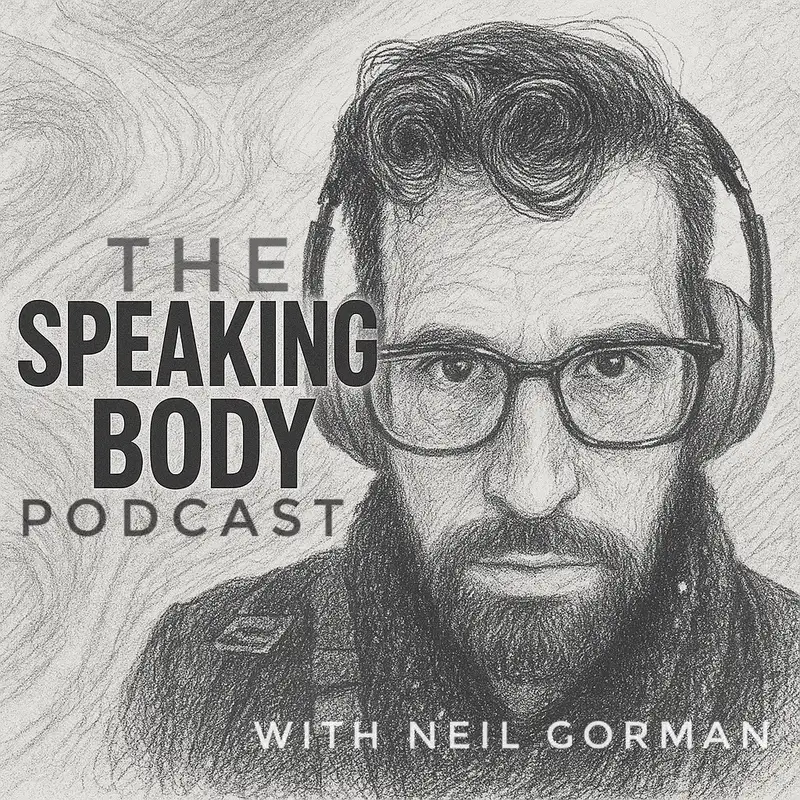INTRO:
In this episode of InForm Neil & Jared talk more about the role of the analyst as a sort of detective of the weird and the eerie.
ROUGH OUTLINE:
Review: Last time we mentioned the role of the analyst is the secretary of the unconscious. Today we will be talking about the role of the analyst as a detective.
Freud has ideas about what makes things in life uncanny, odd, upsetting, etc.
1. The double:
2. The four registers — animism, castration-complex, repetition-compulsion, & omnipotence
Fisher has different ways of describing the uncanny
1. Weird — The presence of something that does not fit in.
- The Other where we don’t want the Other to be.
- Presence
- Unexpected effect
- The symptom
2. Eerie — The absence of something that one expects.
- A lack of the Other where we expect the Other to be.
- Absence
- Unexpected failure
- The gap
Jared’s point — “What is the sense of the weird and eerie during analysis, and what does it mean to both analyst and analysand? It is my assertation that during analysis, the weird acts as a signpost of the unconscious, and the eerie acts as the direction written upon the signpost; that is to say the eerie is the form of the unconscious material indicated by the weird.”
REFERENCES:
1. Freud’s The Uncanny (1919)
2. Mark Fisher, The weird & the Eerie (2017)
In this episode of InForm Neil & Jared talk more about the role of the analyst as a sort of detective of the weird and the eerie.
ROUGH OUTLINE:
Review: Last time we mentioned the role of the analyst is the secretary of the unconscious. Today we will be talking about the role of the analyst as a detective.
Freud has ideas about what makes things in life uncanny, odd, upsetting, etc.
1. The double:
2. The four registers — animism, castration-complex, repetition-compulsion, & omnipotence
Fisher has different ways of describing the uncanny
1. Weird — The presence of something that does not fit in.
- The Other where we don’t want the Other to be.
- Presence
- Unexpected effect
- The symptom
2. Eerie — The absence of something that one expects.
- A lack of the Other where we expect the Other to be.
- Absence
- Unexpected failure
- The gap
Jared’s point — “What is the sense of the weird and eerie during analysis, and what does it mean to both analyst and analysand? It is my assertation that during analysis, the weird acts as a signpost of the unconscious, and the eerie acts as the direction written upon the signpost; that is to say the eerie is the form of the unconscious material indicated by the weird.”
REFERENCES:
1. Freud’s The Uncanny (1919)
2. Mark Fisher, The weird & the Eerie (2017)
